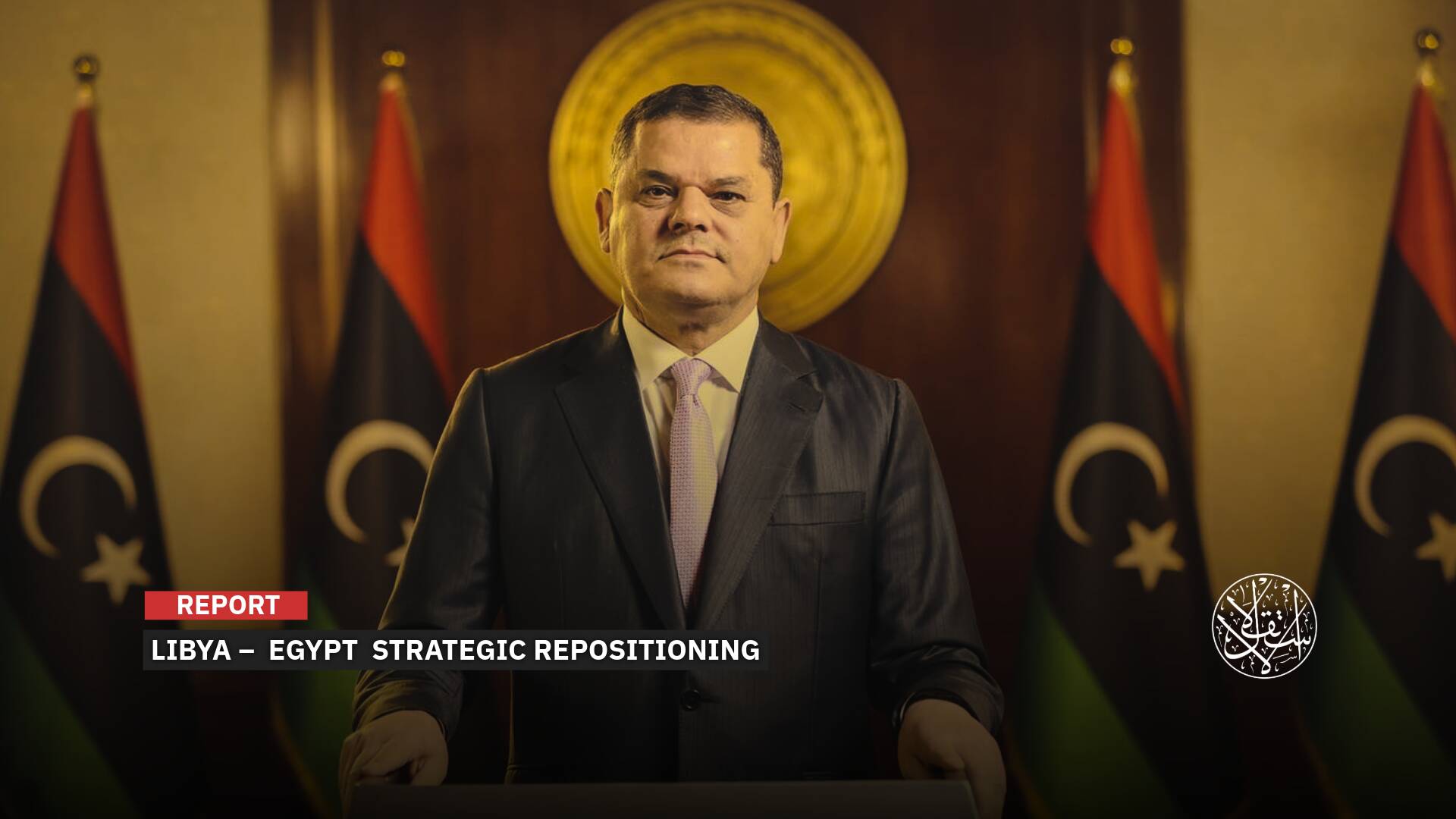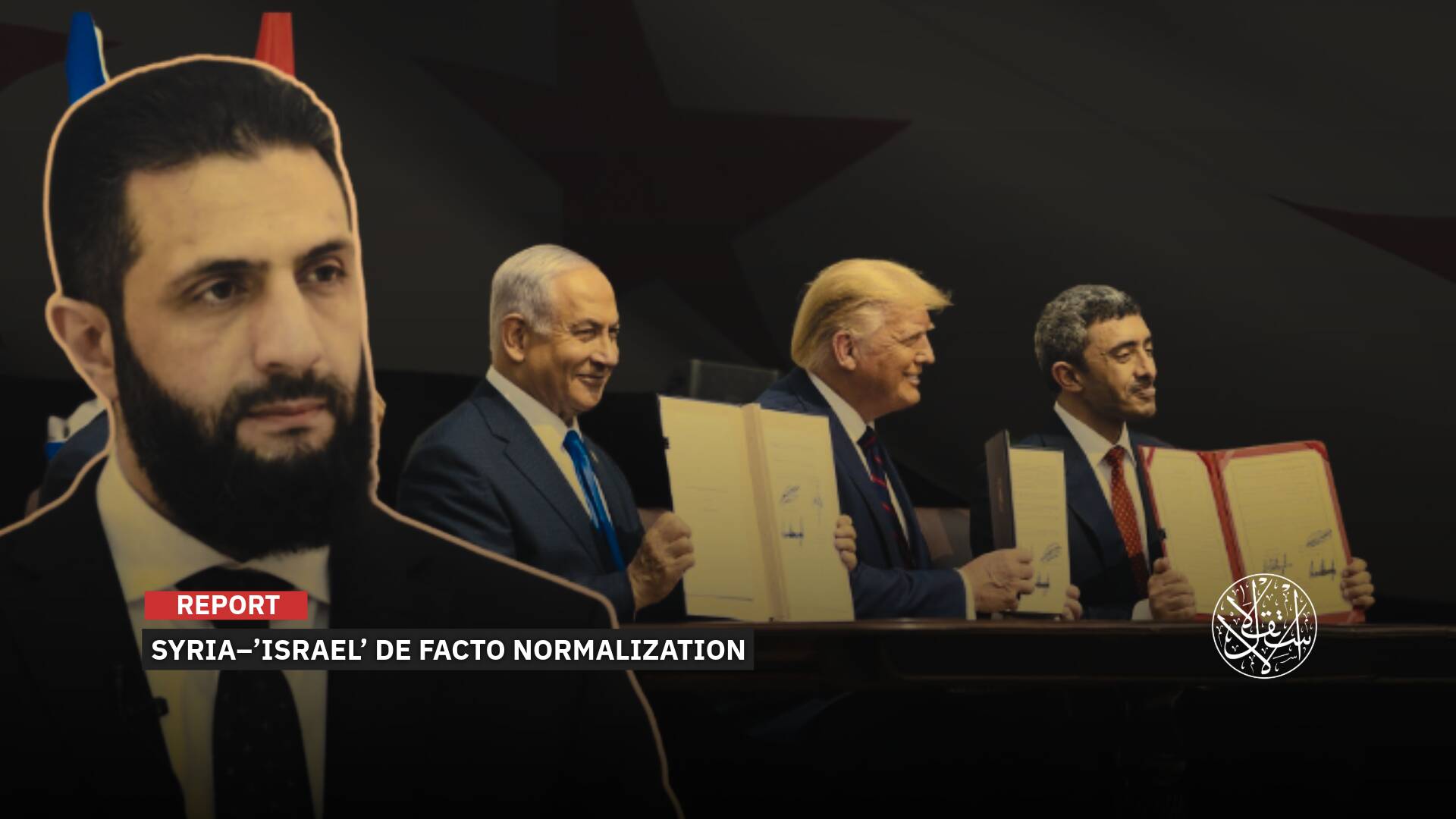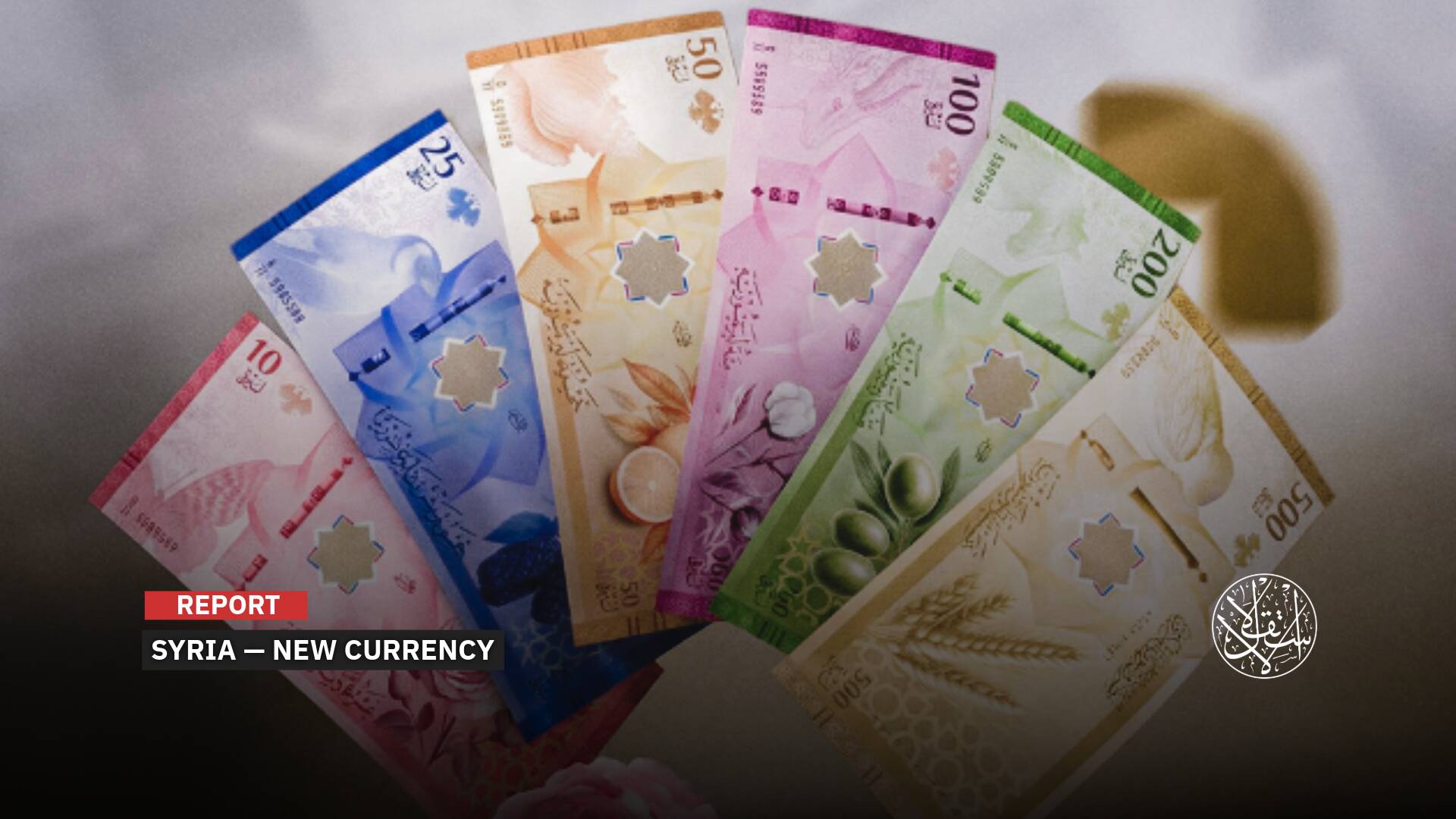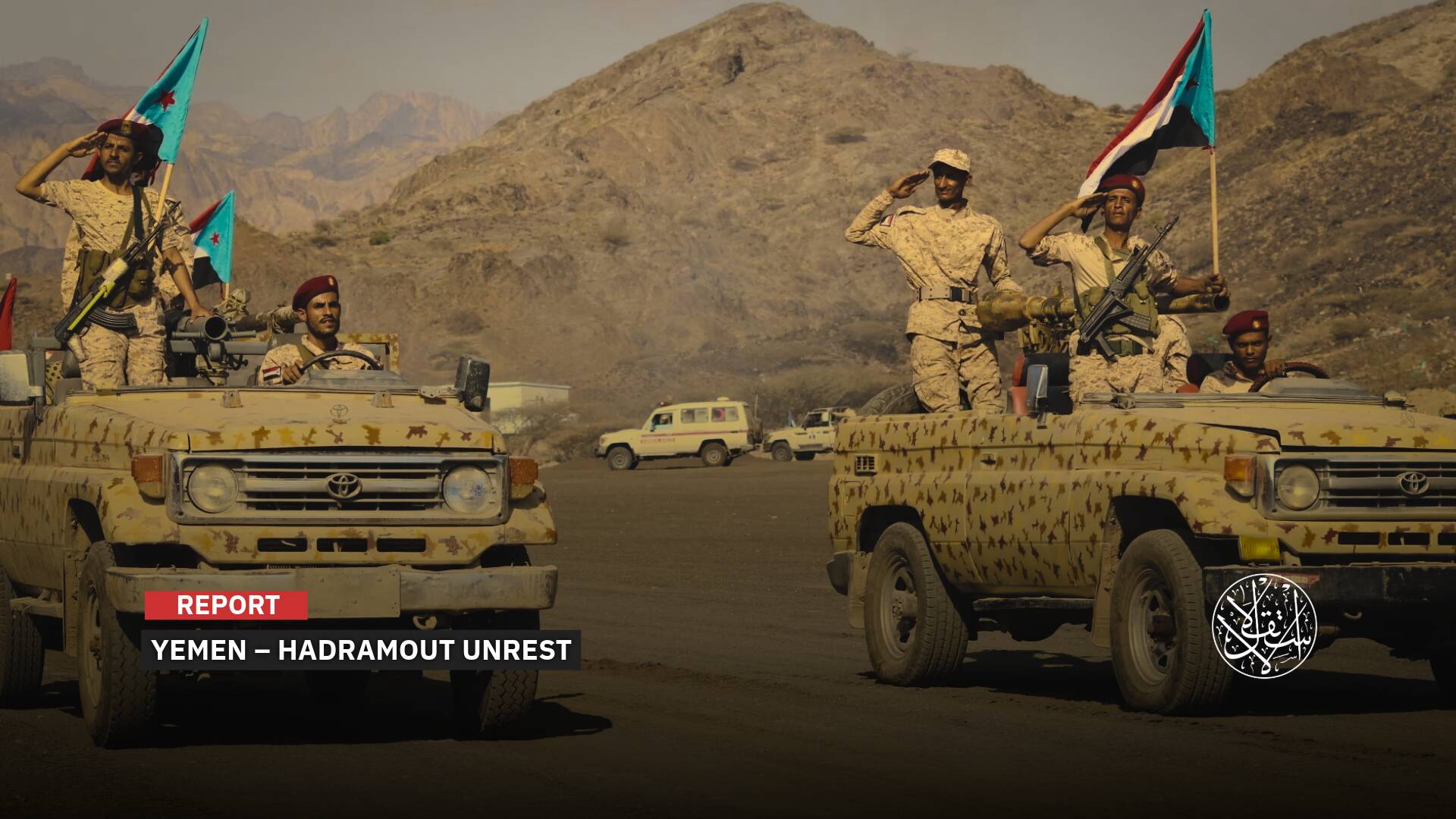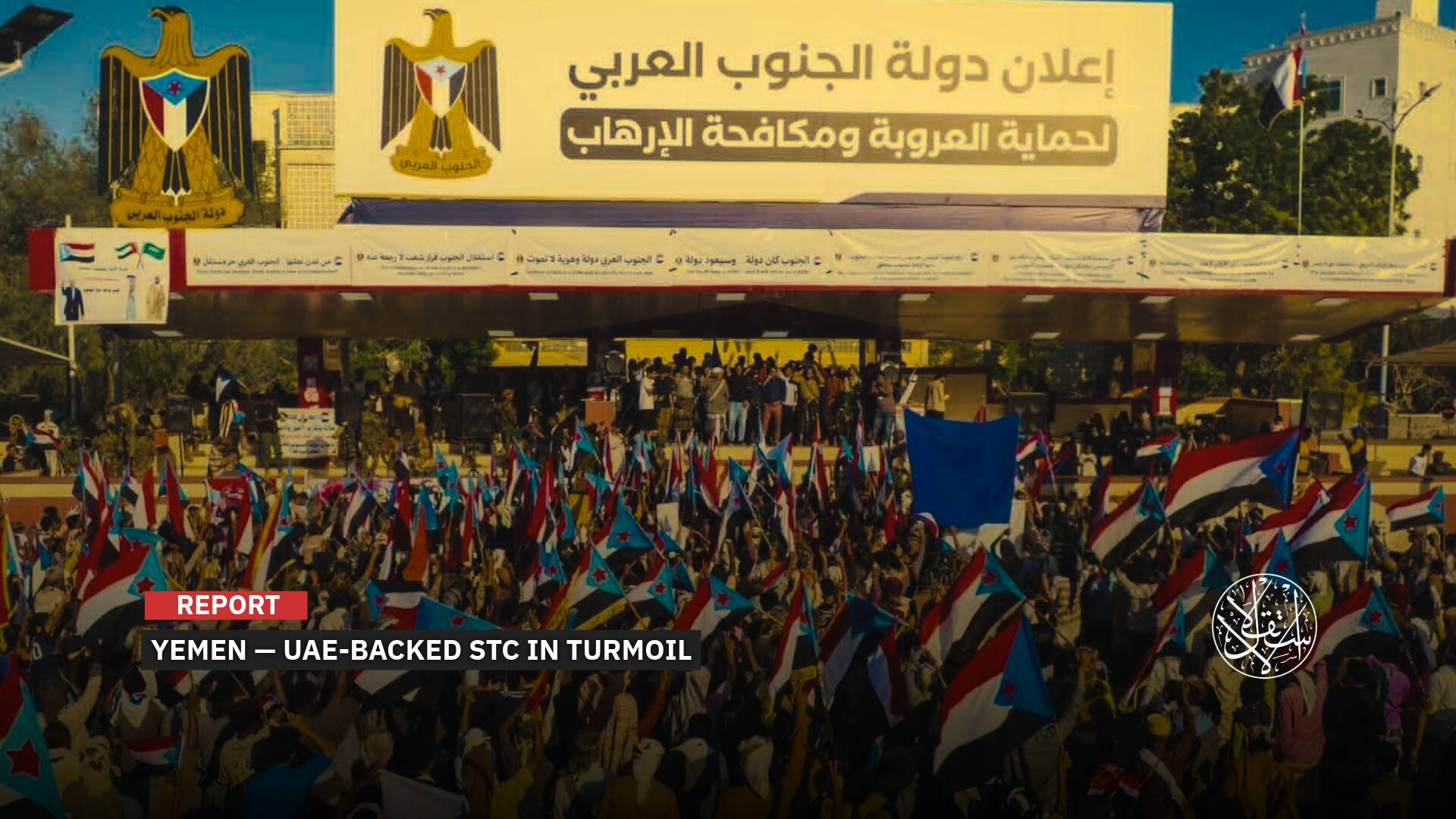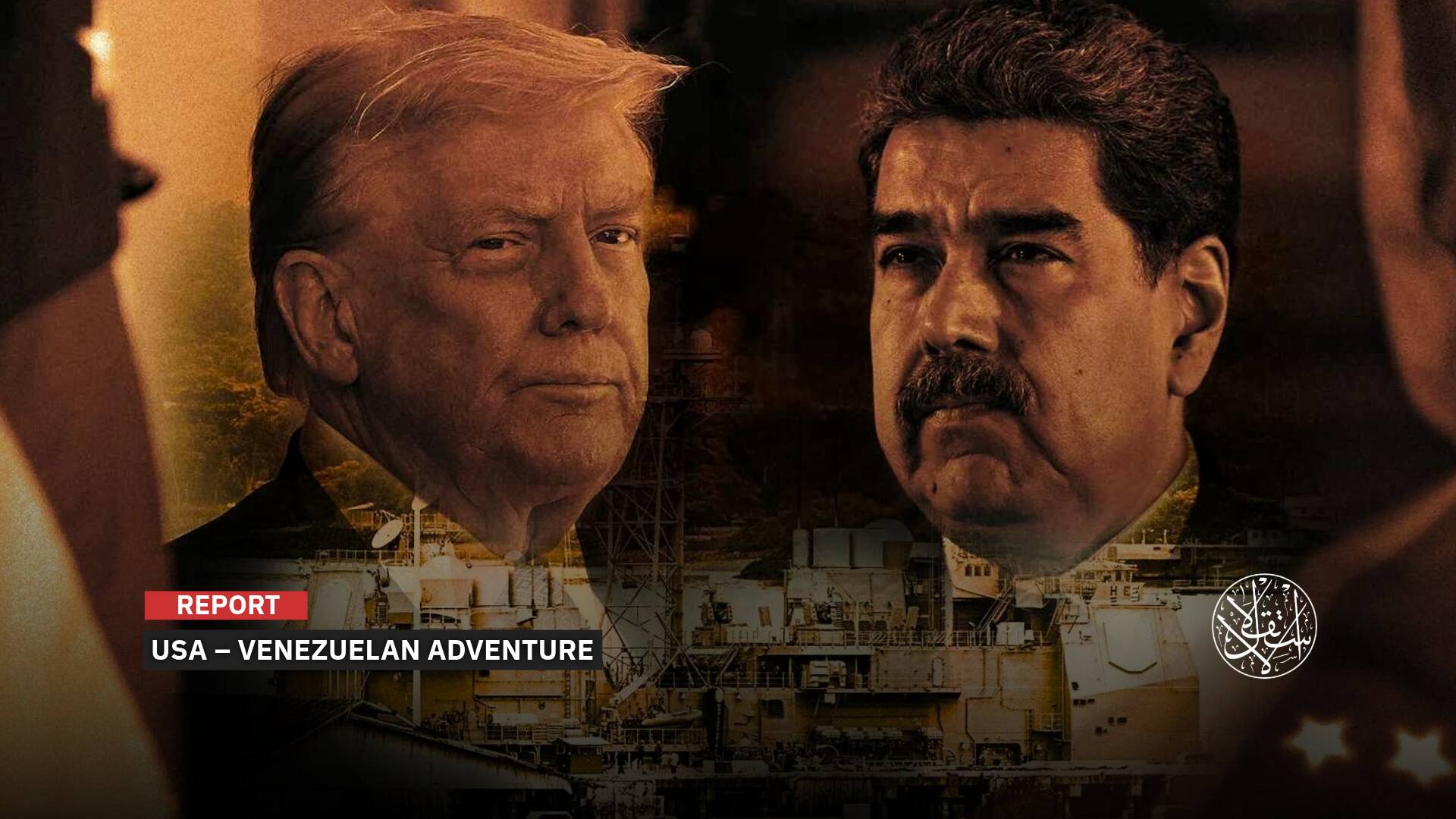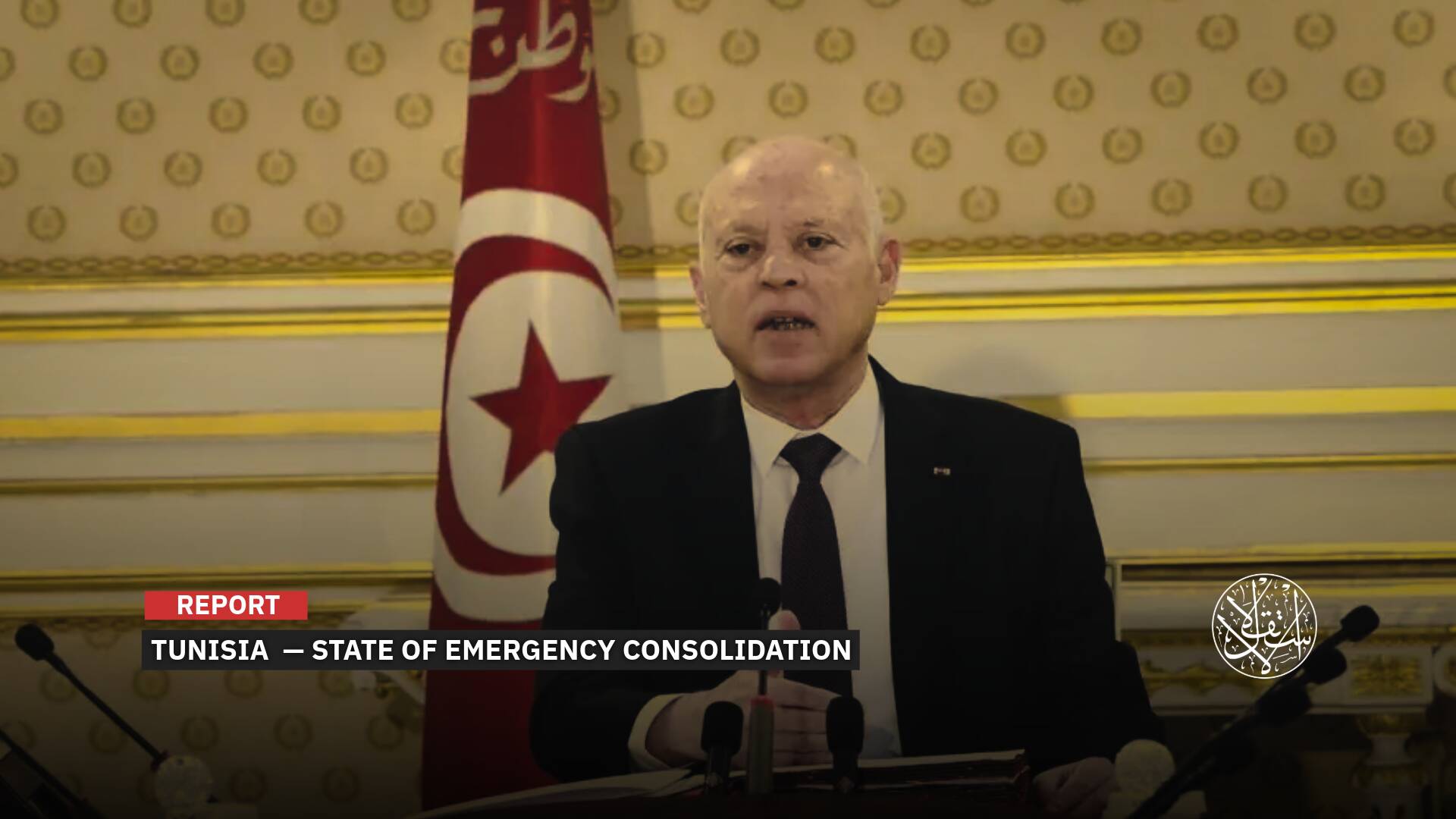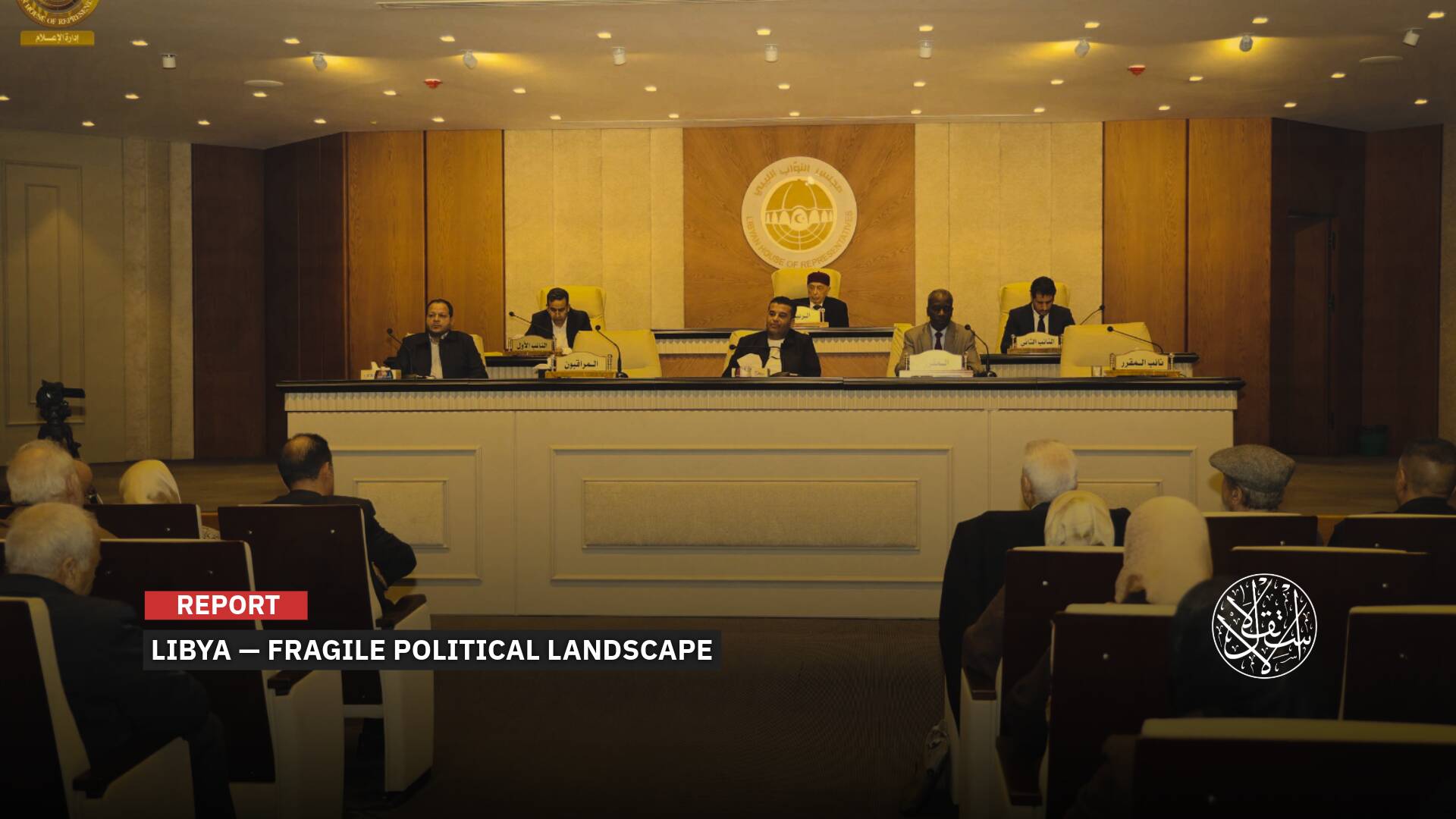Tebboune Raises White Flag to Army, Acknowledges Its Grip on Power: What’s Really Going On?
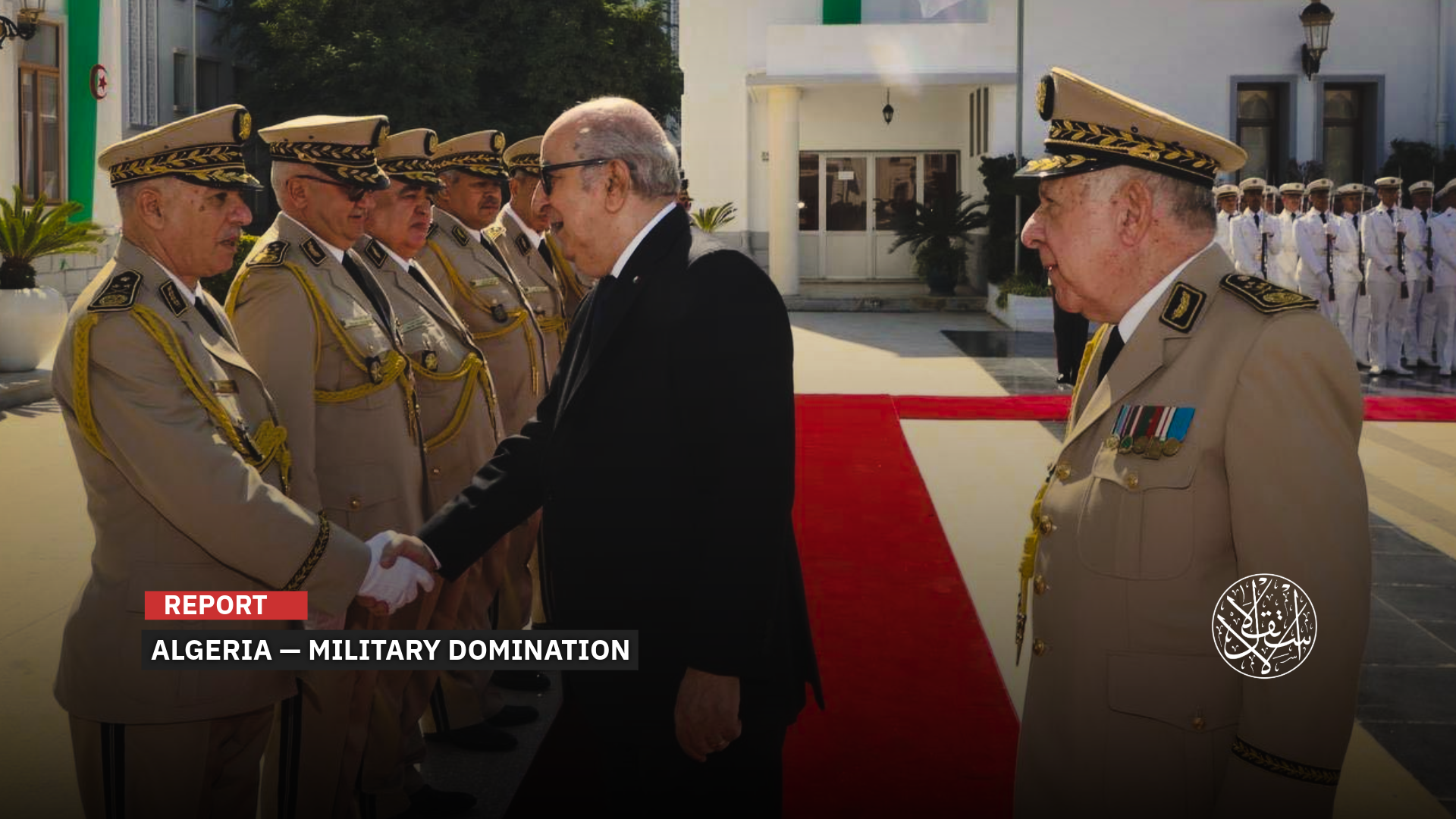
The army’s budget soared to around $25 billion.
In language rich with symbolism and implications that reach beyond traditional defense, Algerian President Abdelmadjid Tebboune praised the country’s military for playing an increasingly prominent political and societal role, duties typically reserved for civilian institutions.
Speaking at the Ministry of National Defense on October 10, 2025, in a nationally broadcast address, Tebboune credited the National People's Army and security forces with safeguarding the stability and security that Algeria currently enjoys. He argued that this sense of security has, in turn, enhanced the country’s economic appeal, helping to attract both domestic and foreign investors.
The president described the military as “formidable and unapproachable,” stating that it has successfully adapted to hybrid warfare, cyber conflict, and artificial intelligence.
He went on to characterize the army as a “higher school of patriotism,” committed fiercely to defending Algeria’s freedom, territorial integrity, and the enduring legacy of the November 1, 1954, revolution that sparked the country’s war of independence.
Power Struggle
The renewed rhetoric has once again spotlighted the central role of Algeria’s military and its far-reaching influence over the country’s political life, including its sway over decisions made by the presidency, government and parliament.
It has also reignited debate over whether President Tebboune has effectively “raised the white flag before the authority of the military,” as suggested by the news outlet Sahel Intelligence. The site reported that since late 2024, Tebboune had been planning to dismiss army chief of staff General Said Chengriha and replace him with General Mohamed Kaidi, a figure reportedly closer to civilian and Western circles.
In a report published on August 25, 2025, Sahel Intelligence claimed that “these plans were met with strong resistance from the military establishment, which has since tightened its grip on the presidency.”
The outlet asserted that “the general staff and military intelligence have come to dominate Tebboune’s strategic decision-making, reducing his powers to a mere façade, while the army manages both his agenda and public image”, a reflection, it said, of the military’s continued dominance as the country’s de facto ruler.
The report went on to argue that “the clash between Tebboune and Chengriha goes beyond personal differences, revealing a deeper battle over the nature of governance, whether the military will remain the primary powerbroker in political decision-making, or whether the presidency can impose a new balance that grants it greater autonomy.”
“Algeria faces a bitter dilemma, either to maintain the current status quo with a president of limited authority under military tutelage, or to risk an escalation that could radically reshape the power structure, amid a continuing political and economic deadlock,” the report concluded.
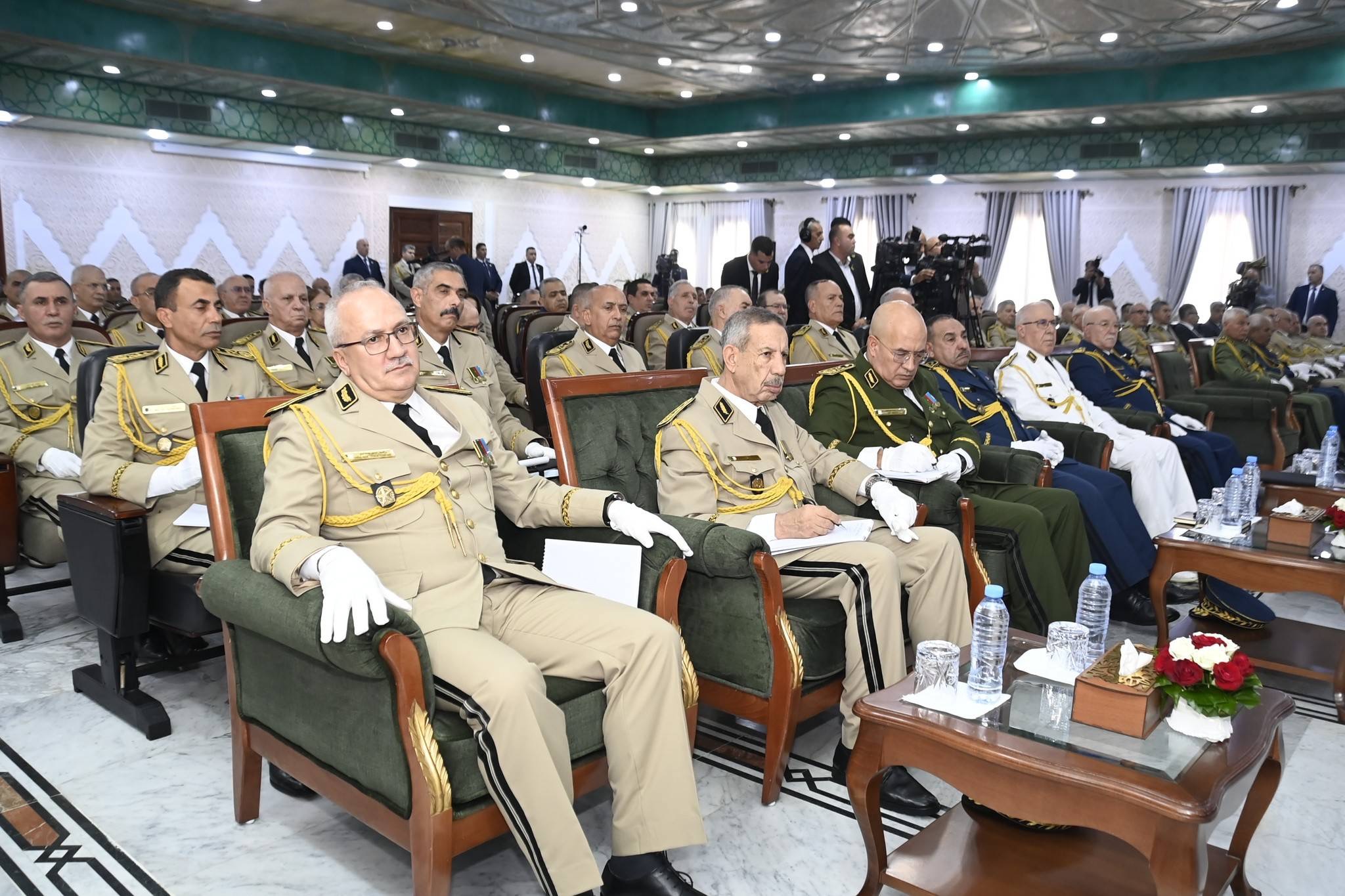
Authoritarian Alliance
In his reading of President Tebboune’s recent speech, Abdelfattah Elfatihi, director of the Sahara and Africa Center for Strategic Studies, said the Algerian president had “formally endorsed a lasting alliance between the political regime and the military.”
Speaking to Al-Estiklal, Elfatihi argued that “this alliance has entrenched political authoritarianism in the country,” emphasizing that “Algeria has been suffering from this dynamic since the era of the late President Houari Boumediene, who died on December 27, 1978.”
According to Elfatihi, “The ongoing conflict of interests among power centers resembles a Catholic marriage between corruption and authoritarianism,” one that unfolds with the blessing of a government apparatus that turns a blind eye to abuses.
Elfatihi warned that this situation reinforces corruption in public affairs and undermines transparency, pointing to the military’s expenditures, which he said account for the largest share of the national budget each year.
He noted that Algeria ranked 107th globally in Transparency International’s 2024 Corruption Perceptions Index, a figure he said reflects the depth of the country’s structural crises in transparency and accountability, driven by military interference in politics and a lack of clarity in governance.
The strategic affairs expert stressed that corruption is not confined to the public sector, but is also deeply rooted in the private sector, particularly in areas under military influence, including essential goods like food, medicine, construction materials, tobacco and weapons, as well as strategic sectors such as infrastructure.
He linked this expansion of influence to the military’s grip on the economy, which he said undermines any effort at reform or transparency.
Elfatihi insisted that what he described as “authoritarian monopolization by a narrow elite running the country under military authority exposes the entrenched system of despotism in Algeria, and confirms that the environment of political and administrative corruption remains not only intact, but protected from the very top.”
He warned that the strength of Algeria’s military regime lies in its ability to suppress any attempt to disentangle its authority from the nation’s economic resources and wealth.
“The recent string of corruption scandals implicating senior state officials merely reveals the tip of the iceberg, masking a vast landscape of corruption, sustained by the ongoing alliance between the ruling elite’s economic interests and the practices of the military regime,” Elfatihi concluded.
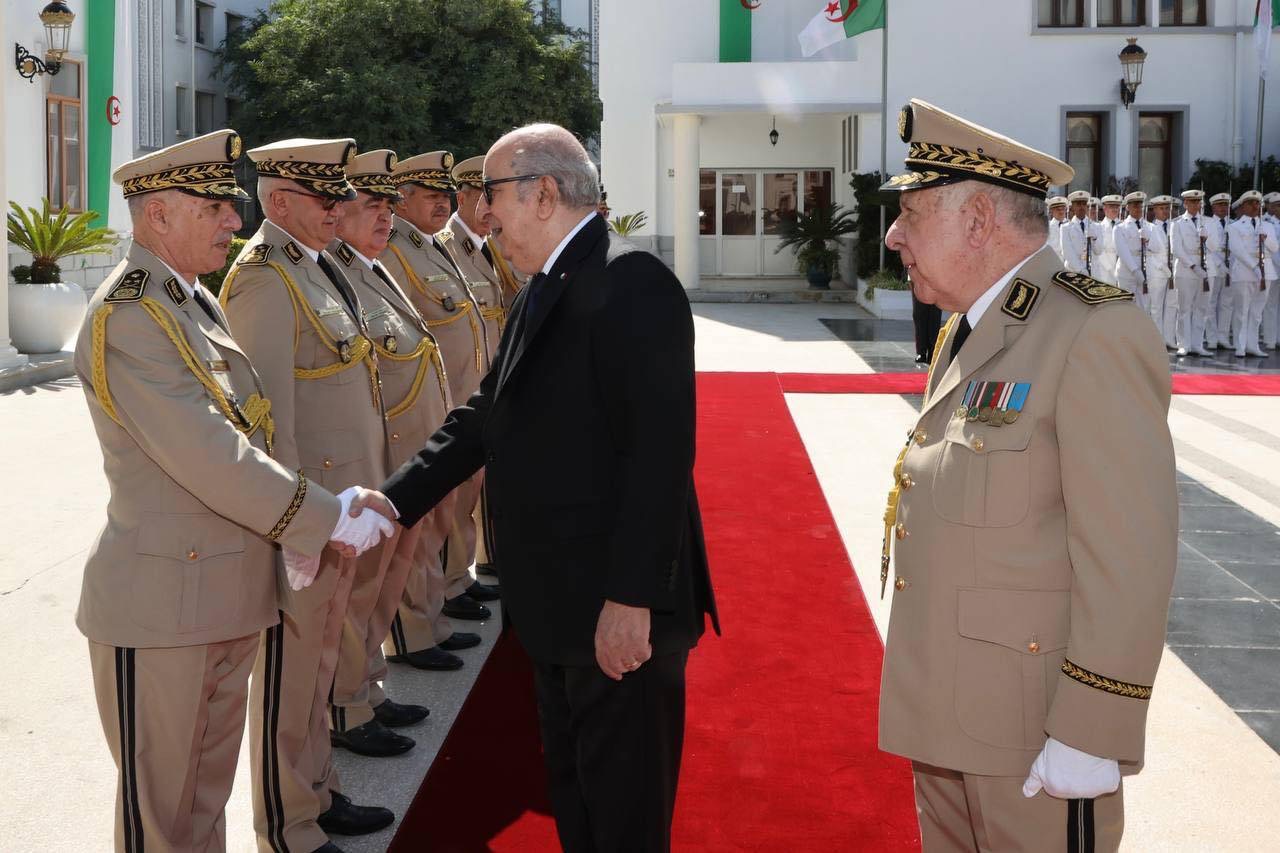
The Solemn Pledge
Two days after President Tebboune’s address, the editorial of El-DJEICH magazine, the official mouthpiece of Algeria’s military establishment, reaffirmed the army’s commitment to “assume its noble responsibilities in the defence of our homeland and the reinforcement of its sovereignty and independence, thereby justly proving its readiness, professionalism, and effectiveness in the accomplishment of its noble missions.”
In its October 2025 edition, the magazine stated that “its personnel are always prepared to meet all challenges and confront all threats, regardless of their nature and source, with the sole objective of establishing security and consolidating factors of peacefulness in all regions of our beloved country.”
The editorial echoed Tebboune’s remarks during his visit to the Ministry of National Defense, saying, “our Army has become a force to be reckoned with, it has adjusted to hybrid warfare, cyber warfare, and artificial intelligence, and today stands as a higher school of patriotism and fierce defence of our freedom, the sanctity of our soil, and faithful to the message of 1st November 1954.”
The magazine noted that the president emphasized the country’s borders were secure due to the strength and vigilance of the army, adding that Algeria remains shielded from foreign ambitions thanks to its military and defense superiority. The Ministry of National Defense said, “Our borders are secure, all praise is due to Allah, because the army is strong, vigilant, defending the sanctity of national territory; otherwise, we would be subject to covetous ambitions.”
It reiterated that army personnel are constantly prepared to respond to all threats and challenges, with the aim of maintaining national security and ensuring calm throughout the country.
“The achievements of the People's National Army reflect its commitment and readiness to stand as an impregnable rampart against anyone attempting to undermine the security and stability of our nation and the serenity of our people. The PNA acts in accordance with the solemn pledge it undertook to safeguard the message of our valiant ancestors and preserve their invaluable legacy, confirming the purity of its essence, the nobility of its origins, and the authenticity of its roots, which date back to the eternal November Revolution,” The magazine noted.
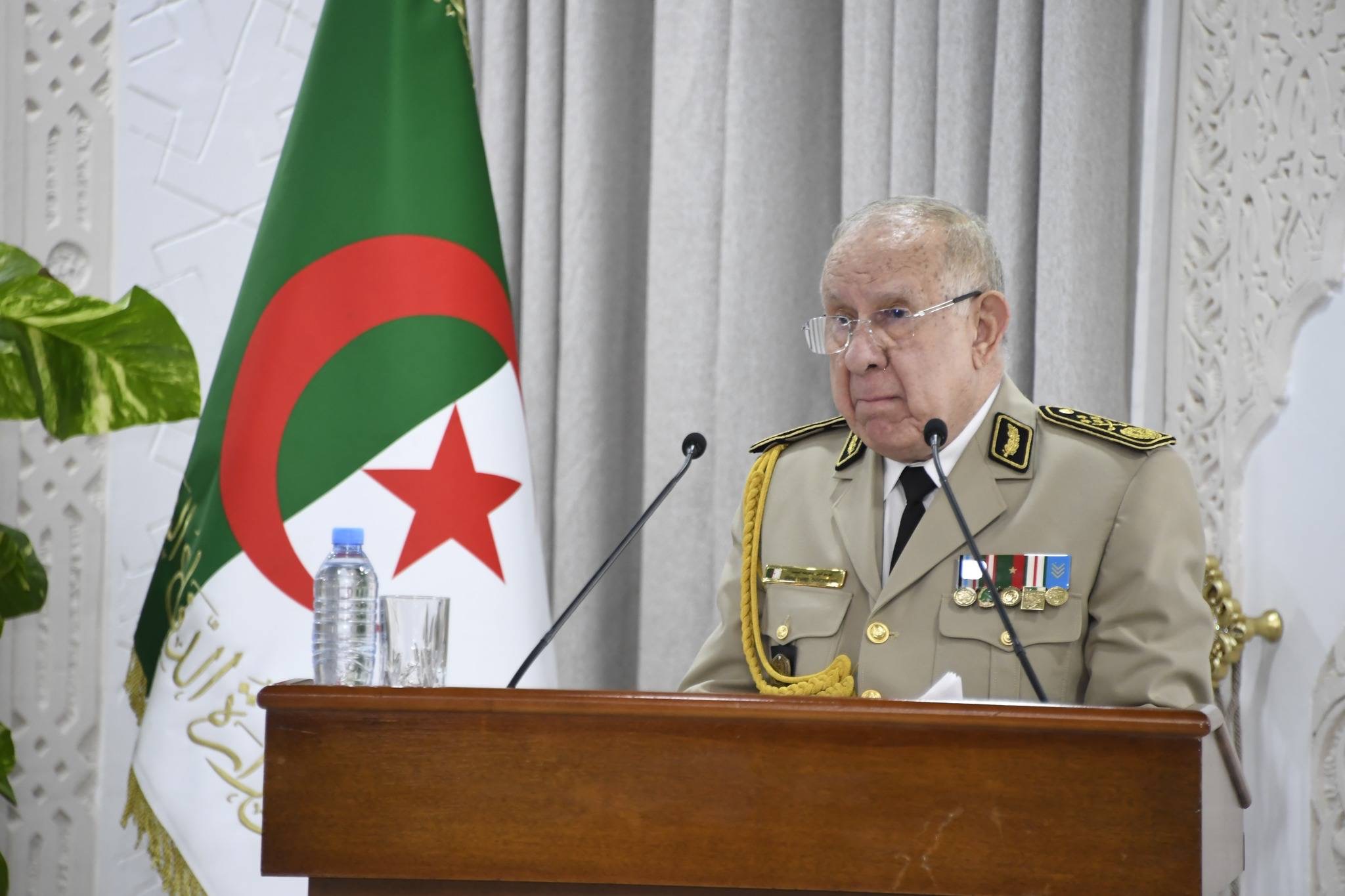
Defense Expenditure
Military spending remains one of the clearest indicators of the Algerian army’s influence over government and parliamentary decision-making, as it continues to receive the largest share of public funding, despite growing needs in other sectors, particularly health care, education, employment and local development.
On October 5, 2025, the Council of Ministers approved the draft finance bill for 2026, allocating approximately $25 billion to the military, representing 20.6 percent of the national budget.
Algeria’s total budget for 2026 stands at a record $135 billion, up from $128 billion in 2025, and $113 billion in 2024.
Military funding has seen significant and consistent increases over the past four years. When measured against the country’s GDP or total state budget, Algeria’s defense spending ranks among the highest globally.
In the autumn of 2022, despite severe pressure on state finances caused by the COVID-19 pandemic, which drastically reduced revenues from oil, the country’s primary source of income, the Algerian government unexpectedly decided to double its military budget.
Spending jumped from a range of $8 billion to $11 billion between 2020 and 2022, to over $18 billion in 2023.
Since then, the defense budget has continued its steep annual rise, reaching $22 billion in 2024, climbing to more than $24 billion in 2025, and now nearing $25 billion in 2026.
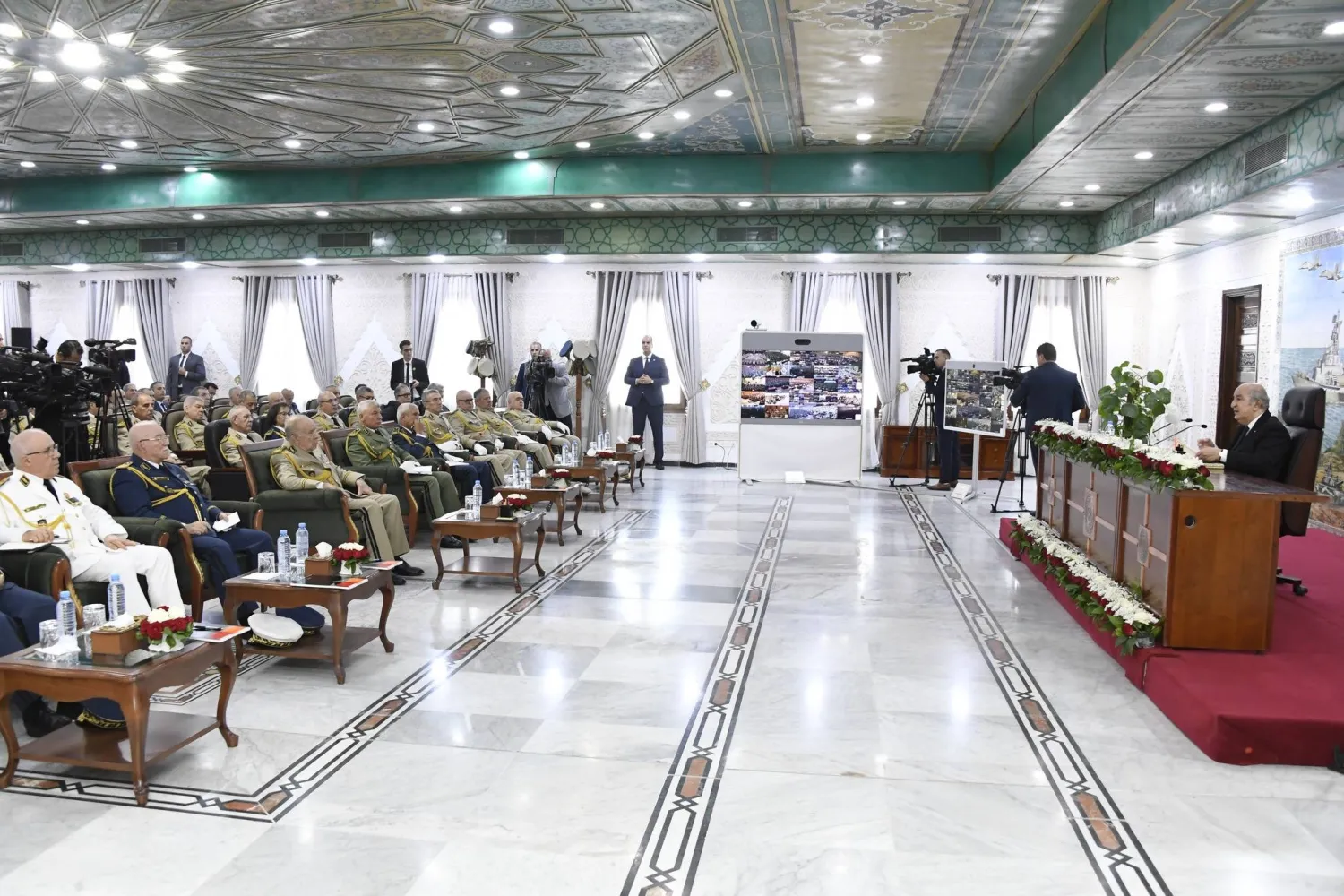
An Escalating Crisis
In this context, Mauritanian writer and journalist Mohamed Ould Abouwah argued that the massive military expenditure “confirms the army’s control over political decision-making in the country.”
Speaking to Al-Estiklal, Ould Abouwah noted that the finance ministry competes with the military for budget size, but that most of its allocation goes to what is described as “non-designated expenses,” which approach $17 billion.
“No one really knows where this spending goes, but the military also controls it, which further inflates the already massive military budget,” he said.
Ould Abouwah said the large size of Algeria’s military budget, which is double the education budget (10.7 percent), cannot be explained by security challenges stemming from regional tensions, as some observers try to justify.
“The one-sided tensions with Morocco, or along the borders with Sahel countries, have existed for decades, but have actually lessened since Morocco imposed military and diplomatic calm in its southern provinces.”
“This heavy military spending explains why the army continues to dominate political life and government decisions, misleading citizens into believing the country is surrounded by enemies to justify the enormous expenditures,” he continued.
“Under the leadership of General Said Chengriha, the army chief of staff, who also serves as the minister delegate for national defense, the military operates freely, not only within the Ministry of Defense, which it has monopolized since January 2020, but also across all political and economic sectors in the country.”
“Between 2023 and 2026, the Algerian military will have absorbed roughly $90 billion, a colossal waste in a country suffering from chronic shortages, sometimes in basic food supplies, sometimes in vehicle spare parts, and sometimes in pharmaceutical products,” Ould Abouwah added.
In diagnosing the crisis of governance in Algeria, opposition leader and head of the Rally for Culture and Democracy, Atmane Mazouz, said, “Life in society is fading, and citizenship is being emptied of its meaning without genuine pluralism.”
Speaking at a party meeting on October 10, 2025, Mazouz said Algeria “is going through one of the darkest periods in its contemporary history. The authorities talk about stability, but everything is collapsing.”
According to Mazouz, “Institutions lack legitimacy, the law is politicized, and official discourse serves only to mask the system’s emptiness. Freedoms are confiscated, political parties are silent, the press is tamed, and activists are persecuted.”
“Since the end of the one-party system in 1989, the country has never experienced such political decline: economically, bankruptcy is clear, prices are rising, young people are fleeing in waves of irregular migration, skilled workers are emigrating, and businesses are shutting down.”
“This so-called new authority has neither reformed, achieved, nor understood anything. It does not govern, it merely manages the survival of a dying regime. While state institutions crumble, society disintegrates, misery spreads, and resignation prevails,” he concluded.


